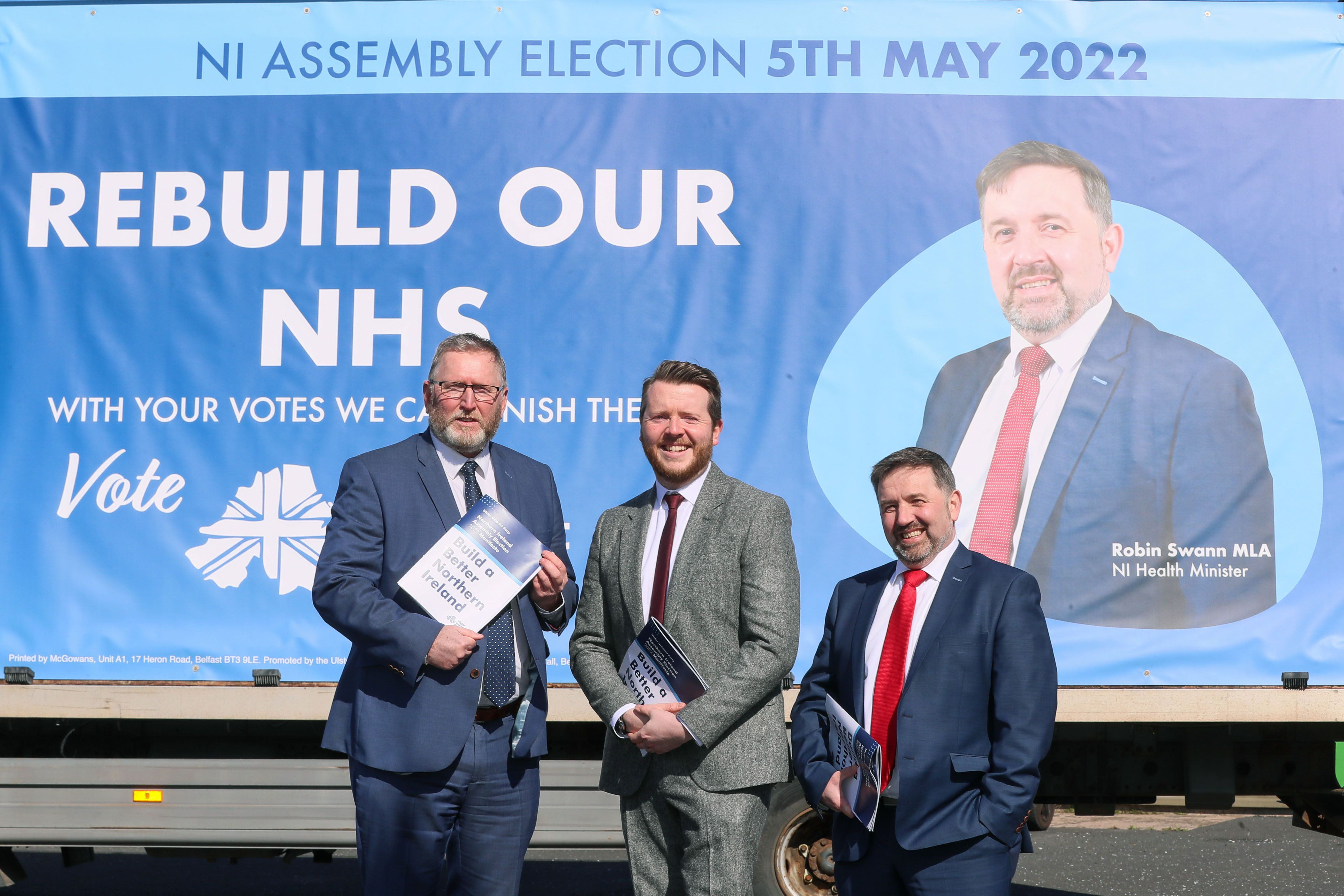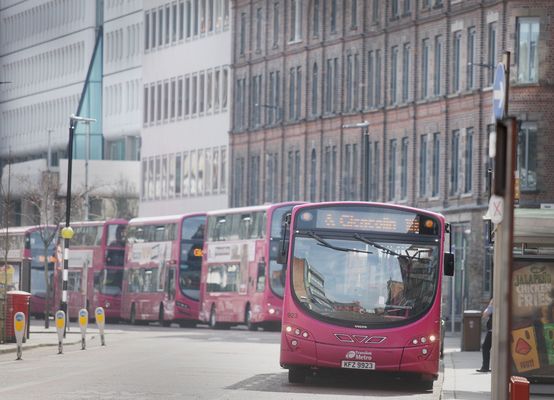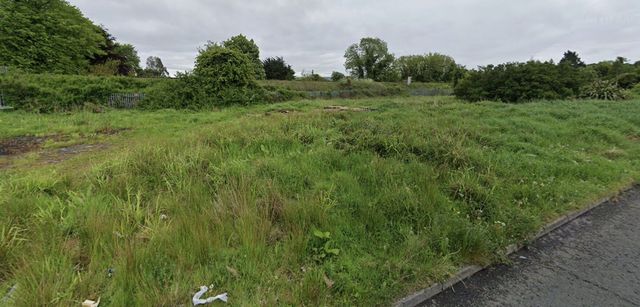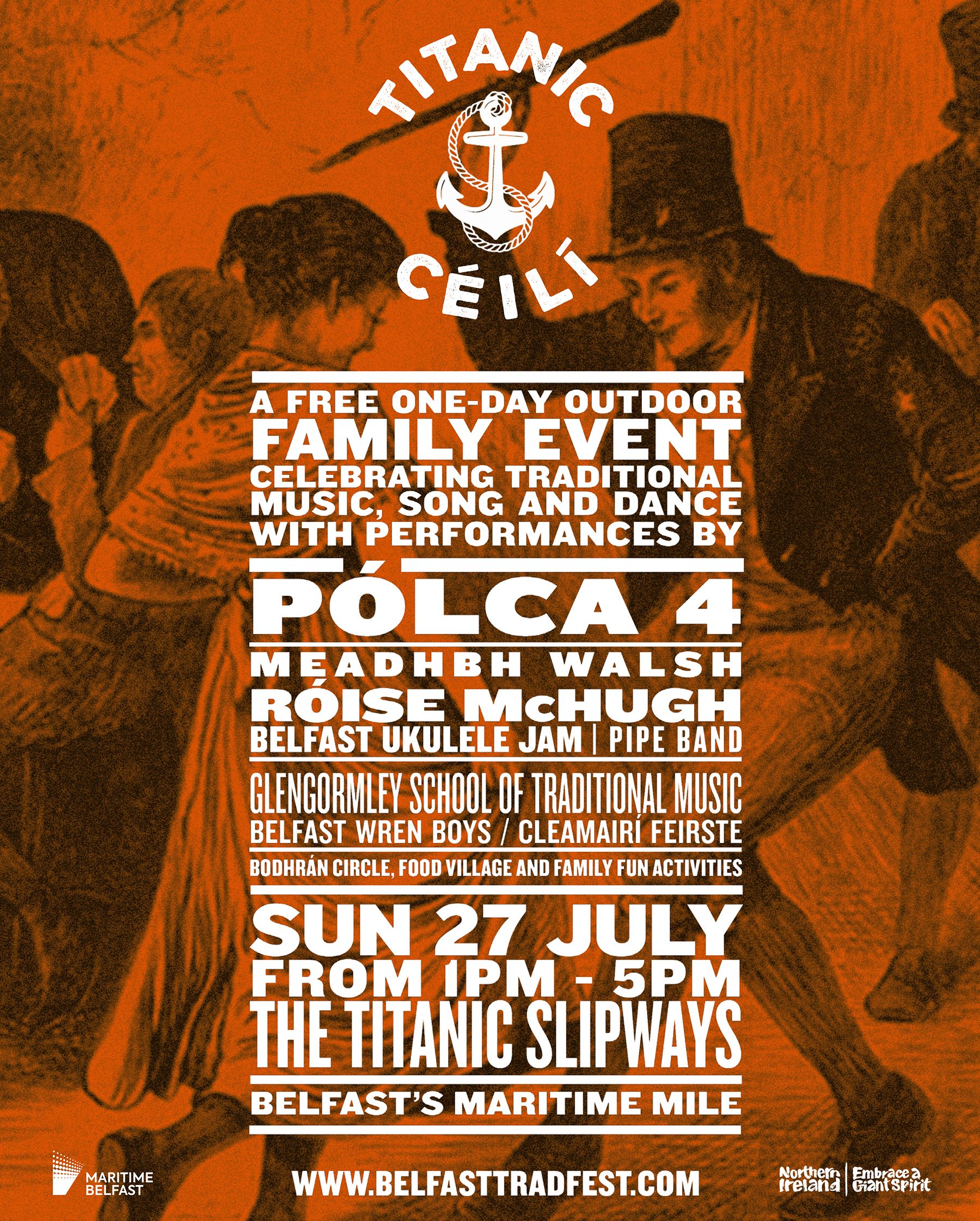Stephen McCarthy is running in South Belfast as a candidate for the UUP.
What makes Stephen’s candidacy interesting is that he was brought up in a working-class West Belfast Catholic background. Stephen’s family were forced out of Benburb Street in South Belfast by loyalists in August 1969. Today, Stephen has been back on that street canvassing for the UUP.
“I’m originally from West Belfast, but my family are from South Belfast," he said. "I’m from a working-class Catholic background. My family growing up would have been nationalist, but more into politics from the left, than issues with nationalism itself. My mum is a psychiatric nurse and my family have strong trade union backgrounds. Politics was mostly neutral in our house, and I was encouraged to think for myself and to see all sides of the argument.”
Stephen’s grandfather, Mickey Lenaghan, who worked as a taxi driver, was shot dead by the UVF in 1991 when Stephen was three. The UUP candidate spoke candidly about how that affected his upbringing and how his family encouraged him not to let events cloud his view on the world.
“After that happened, there was a real effort in the house to bring me up without bitterness. There are two ways things can go when something like that happens, and you can either let it take over you, and it could firm up that bitterness against the other side and think everyone on that side was to blame, or focus on a real rejection of all of that, which is very difficult when you have such a loss. I had a strong desire to try and understand the perspective of why someone would do what they did, and as I got older and got interested in politics, the first opinion I formed was ‘Why isn’t anyone here trying to make this place work?’”
Stephen spoke about how he grew up with a strong belief in institutions such as the NHS, and also a civic desire to make Northern Ireland work well, and was dismayed by attitudes of the big parties which seemed to focus only on division rather than solutions.
“I couldn’t understand why both sides weren’t trying to make things work. If you’re a Unionist, Northern Ireland being a functional society should be your top priority. If you make here somewhere that is prosperous and happy, then it could take away from the desire for constitutional change. If you’re a Nationalist, and you want a united Ireland, there will be a referendum in the Republic to see if they want to take us on. A functional society here would be a seamless transition for that. It seemed to me that both sides got focused on the constitutional question and neglected the day-to-day running of the place.
“The NHS was always very strong with me growing up, and I felt a real affinity towards Britain, to be totally honest. I liked the cultural links, the historic links, football, I began to sway towards that direction and I wasn’t discouraged. I consider myself British, Irish and Northern Irish. I do feel like we are distinct from Britain and the Republic. I think for my family, they were more curious and asked a lot of questions. I think it was harder for my grandmother, due to losing my grandfather.”
Questioned on the role the UUP played in governing Northern Ireland, Stephen admitted the party did make mistakes, but said their efforts since the Good Friday Agreement in 1998 have focused on improving Northern Ireland. He says he didn’t base his political views on the past, but rather on the opportunities for the future.
“The UUP do obviously have historical baggage, considering they were the party that ran this country. However, my first memory of the UUP isn’t that, it’s 1998 and seeing David Trimble and John Hume, and thinking ‘Wow, they’re willing to do something to really change this place.' I found that more inspiring than focusing on the past mistakes, and I know my family were on the receiving end of that discrimination. I don’t think it’s healthy to guide your politics today on institutional wrongs 50 years ago, I believe we need to move on and to bury the hatchet and make this place work.
“I believe there were always people in the UUP who didn’t agree with what went on, and in the political climate of the time they were sidelined. However, now their vision is being appreciated more and more. I think it’s time to offer a positive case for the union and not do what the DUP are doing, which is crying wolf about Sinn Féin and a united Ireland. Sinn Féin have always wanted a united Ireland, they have never changed on that.”
Stephen said fringe groups were trying to stir up trouble because they have lost the argument and he hit out at the recent attack on SDLP South Belfast candidate Elsie Trainor.
“I think at the moment we are on the cusp of things, and because of that, the sharpest end of the sword is becoming very vocal at the moment. I think it’s a last ditch attempt to scare people back into line, and it’s not working. Elsie showed unbelievable courage confronting them, and I can’t see many male candidates doing what she did in taking them on. They are a small, very vocal minority.
"There are elements within Loyalism that the DUP and TUV are winding up. The UUP have been attacked for not telling voters to transfer to other unionists. It’s not our place to tell voters what to do. We’ve been attacked for not attending the Protocol rallies and betraying the grassroots unionist community. I’ve been canvassing the grassroots unionist community and haven’t met anyone who’s gone to a rally yet. People have been talking to me about their energy bills, their health concerns, and the Protocol hasn’t come up as a big issue."
He added: "In this election, the moving parts are falling into place in a different way. The DUP are a diminished force. I’ve delivered 15,000 leaflets and talked to about half that number, and there’s not a lot of support for the DUP out there. People are dismayed at the selection of Edwin Poots. They probably would have voted for Christopher Stalford, who had a lot of respect across the political spectrum, but the DUP aren’t the force they were, and people don’t see the Protocol as being the threat it’s being made out to be.”
Stephen said he would like to focus on crime, mental health, addiction and also improving areas which have suffered neglect such as the Holyland.
“I want to combat crime in South Belfast and detach it from mental health and our drugs policy. I think we need a more compassionate drugs policy, to help people suffering with addiction, and to have more mental health facilities to help people. In the Holyland, I want to create a Community Improvement District, to involve students, residents, landlords and businesses to work together to make everyone feel safe, secure, and proud to live there.”







